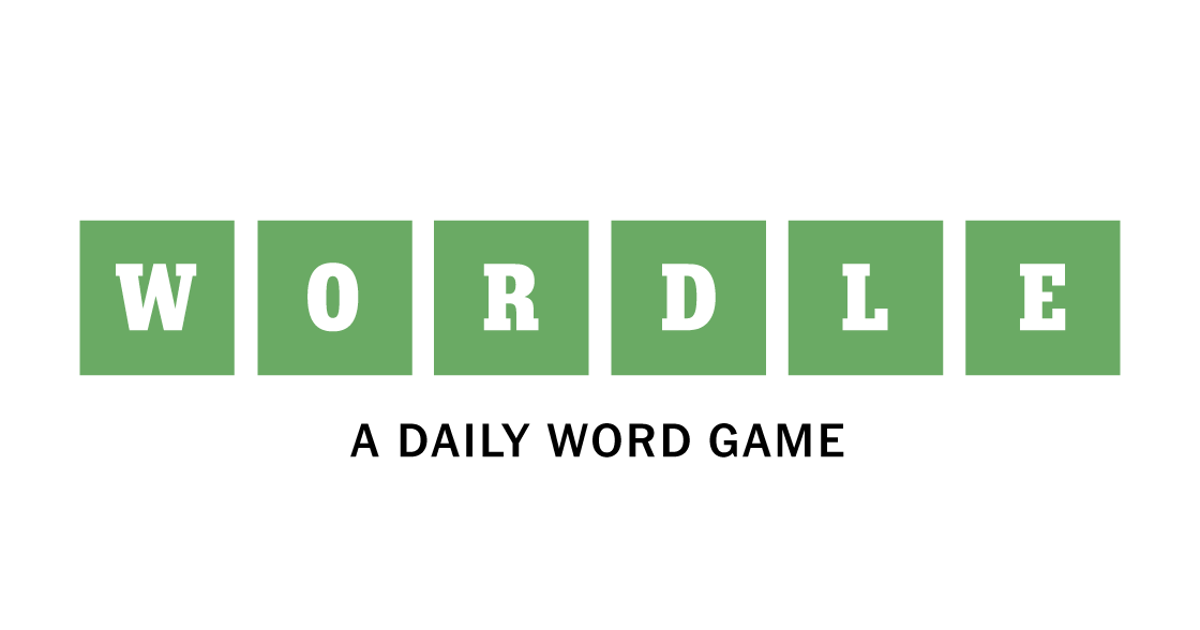

Unfortunately for many, even in this day and age, there is not much choice. I main linux but also keep Windows on my PC as there are still tines when something will only work in Windows. Usually work related or gaming (VR in particular for me) and in fairness its increasingly rare.
Many other users aren’t motivated to change. For Microsoft, its a bit like boiling a frog - if you turn up the heat slowly the frog just puts up with it. That’s what Microsoft is doing to its customers - a slow constant enshittification, seeing what it can get away with. Try something and it causes outrage? Don’t worry, just undo it and just try again in a few years! Many are already used to no privacy and being sold as a commodity that they don’t even question it happening on their own personal computer.











Oxford University is older than calculus.